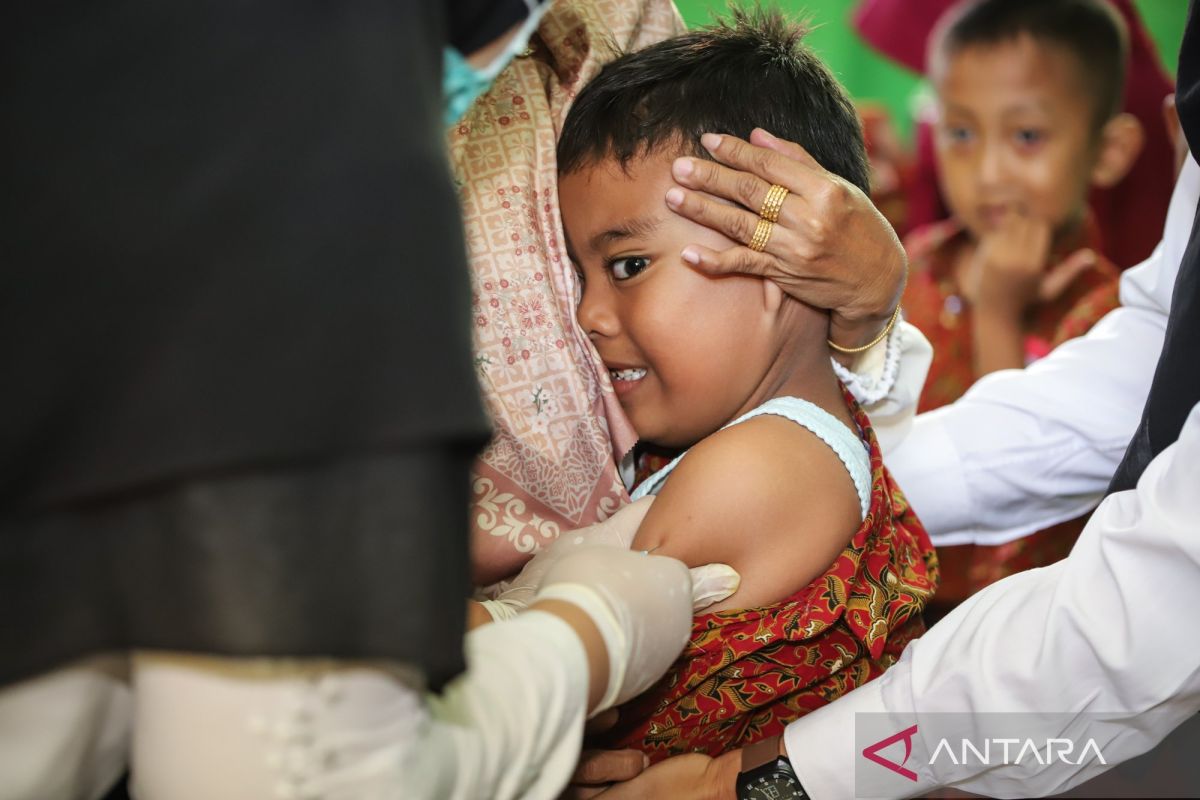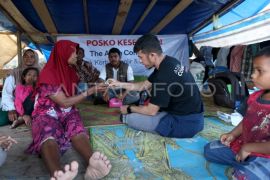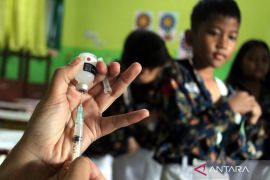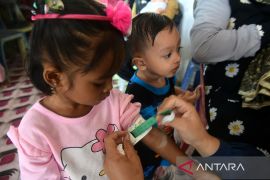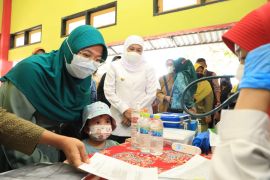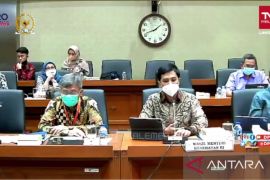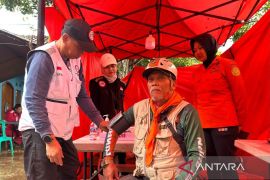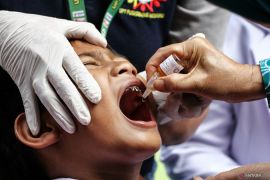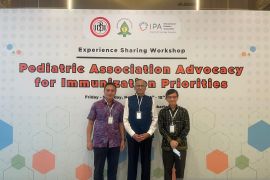Aji Muhawarman, Head of the Public Information and Communication Bureau at the Ministry of Health, said on Saturday that vaccines are safe and effective, yet public perception remains a stumbling block.
"The public must be educated that vaccines are safe and effective in preventing measles, which can cause serious complications and even death," he stressed.
Muhawarman noted that low awareness and compliance with immunization have hindered the country from reaching its coverage targets. Misinformation and distrust over vaccine safety and benefits have further fueled hesitancy.
He added that socio-cultural factors, environmental conditions, and poor nutrition also raise vulnerability to measles, requiring coordinated action across multiple sectors.
Resource constraints also pose difficulties. Limited personnel and budgets, along with challenging geography in some regions, restrict access to healthcare and hinder surveillance and immunization campaigns.
"We face difficulties in referring patients if complications arise. Medical staff capacity varies in detecting early cases, analyzing surveillance data, and administering immunizations, which can hamper outbreak response," Muhawarman explained.
Another challenge, he said, is non-compliance with isolation. Many patients regard measles as a mild illness and refuse to be isolated, increasing the risk of further spread.
To address these issues, the Health Ministry is intensifying public education campaigns, particularly targeting parents, to highlight that the measles vaccine is safe, with only mild side effects such as fever or rash at the injection site.
"Measles can cause pneumonia, brain inflammation, and even death. The vaccine is effective in preventing these complications," Muhawarman said.
The government is also strengthening measles-rubella surveillance through epidemiological investigations, rapid response mechanisms, and contact tracing to identify unreported cases. Isolation of patients remains a key measure to limit transmission and prevent complications.
Finally, authorities are working to expand immunization coverage and improve early outbreak detection by involving health officials at provincial, district, and city levels.
Related news: Gov't ensures that Jakarta measles case does not surge significantly
Related news: Measles spreads faster than COVID-19: Indonesia races to vaccinate
Translator: Hreeloita Dharma, Resinta Sulistiyandari
Editor: Anton Santoso
Copyright © ANTARA 2025
